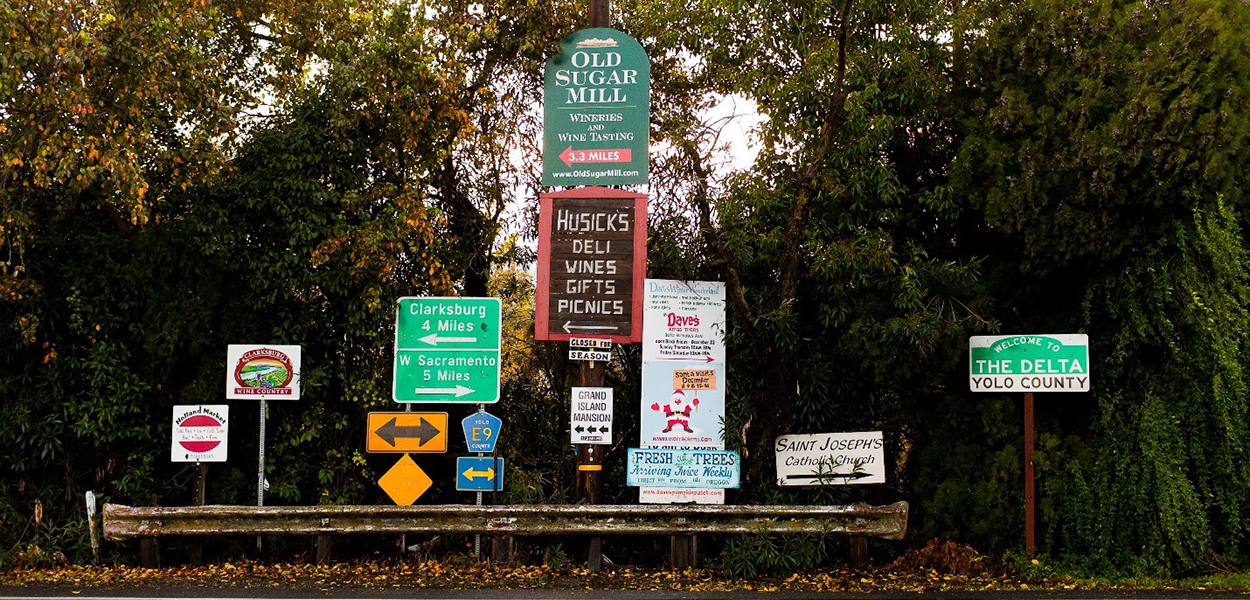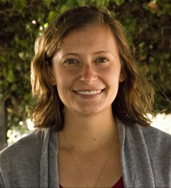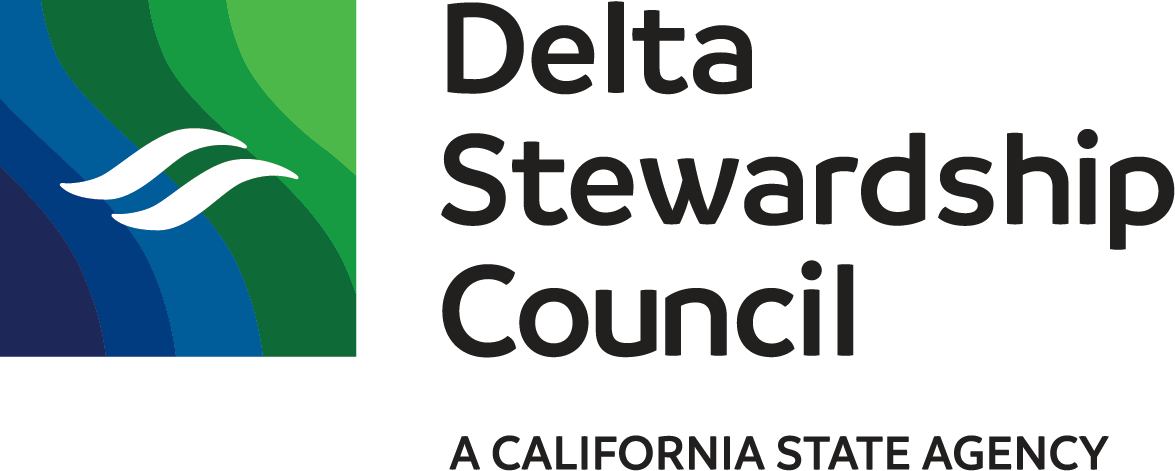
Understanding People in the Face of Rapid Environmental Change
August 26, 2021
By California Sea Grant Social Science Extension Specialist Dr. Jessica Rudnick
We cannot solve our most pressing environmental and natural resource management challenges with a better understanding of the biophysical environment of the Sacramento-San Joaquin Delta alone – we need social science. To address our natural resource management challenges, we must build cooperation and collaboration among stakeholders, find a compromise between conflicting interests and values, and face tradeoffs that require hard decisions about whose needs we prioritize. Achieving these goals requires an understanding of the individuals and communities who shape and are shaped by these natural systems, as well as the larger social, political, and economic structures in which their decisions and actions are embedded.
Integrating the social sciences into our understandings of environmental and natural resource management challenges can contribute to improving our understanding and decision-making in complex social-ecological systems, like the Delta. The social sciences can help us understand how people living, working, and recreating in and around the Delta view and interact with the system, how the Delta impacts their health and well-being, and how their behaviors influence environmental issues. An integrated social-ecological approach supports our comprehension of the complexity of the system and our ability to achieve the coequal goals in an equitable, efficient, and holistic manner.
So, what exactly are the social sciences? The social sciences include a broad set of fields that offer different perspectives on how to study complex human systems and societal patterns. They include classical disciplines (e.g., anthropology, economics, human geography, psychology, political science, and sociology) as well as interdisciplinary fields (e.g., science communication, environmental justice, political ecology, decision and risk science, and disaster science) and can be extended to include the humanities, public health, and law. While methods, theories, and epistemology may vary across social science disciplines, they share a common objective: to better understand and describe human behavior and social systems.
Despite the necessity of this work, there has been significantly less scientific attention devoted to studying and understanding the people, communities, and social dimensions of the Delta than to understanding the non-human species, habitats, water, and ecology. The Delta Independent Science Board (ISB) identified a total of seven research projects and zero established research programs in their 2017 Review of Research on the Sacramento-San Joaquin Delta as an Evolving Place; compare that to the ISB’s current Delta Monitoring Enterprise Review, which cites over 150 unique Delta monitoring activities on a range of resource management themes (e.g., water supply, flood, habitat, native species, invasive species, water quality, land use). Growing recognition of this gap and the importance of having an integrated social-ecological systems perspective has led the Council to invest in social science integration.
This integration effort began with the development of a Delta Social Science Task Force, who have worked collaboratively for two years to assess the state of social science in the Delta and to provide the Council with recommendations on how to increase and integrate social science throughout the Delta (final report: “A Social Science Strategy for the Sacramento-San Joaquin Delta”). To further these recommendations, Council staff have formed a Social Science Integration Team and developed an action plan outlining short and long-term priorities across science, management, and policy processes. The Social Science Integration Team has partnered with California Sea Grant to hire me as an extension specialist to connect social science academic research with communities, resource managers, and decision-makers across the Delta.
Our charge, as social scientists in the Delta, is to improve our understanding of the individuals, communities, institutions, and cultures who rely on and reside in this unique region and to develop pathways to integrate those understandings into our management and policy decisions. We are laying the groundwork to build a collaborative network of social science researchers and practitioners, the ‘Bay-Delta Social Science Community of Practice,’ who are excited about advancing this body of knowledge and working together to integrate it throughout the complex Delta system. We have begun to compile and synthesize the data that we do have about the social components of the Delta and to identify key knowledge gaps and urgent needs.
Yet, integration is not without challenges. Introducing new lenses through which we look at the Delta and its challenges takes time. Increasing social science may mean a redistribution of research resources. Social science findings may suggest management or policy approaches alternative to those currently in use. Overcoming these obstacles takes patience and time, but I hope it is worth the effort, and I truly believe that finding sustainable, equitable, and effective solutions to the challenges we face in the Delta requires understanding and accounting for the people in the system.
Fortunately, we are not alone in this effort. The National Science Foundation, The National Socio-Environmental Synthesis Center (SESYNC), and other estuarine institutes around the country have already begun working to develop funding opportunities, to further the application of social science, and to integrate social-natural science programs that lay out frameworks to manage these complexities. We look forward to fostering partnerships with these leading institutions developing interdisciplinary science-to policy approaches and we commit to continual learning and adapting as we move forward.
At the August Council meeting, Council staff will provide an overview of the vision for social science integration, including specific goals and objectives, and will highlight progress on a few initiatives. Tune in to learn more or reach out to me to discuss further!
About the Author

California Sea Grant Social Science Extension Specialist Dr. Jessica Rudnick
Jessica is an environmental social scientist focused on better understanding human decision-making and behavior change around environmental change. Her position as a social science extension specialist is the result of a collaborative partnership between California Sea Grant and the Delta Stewardship Council. Her role is to serve as a bridge between social science researchers, state government, and stakeholder communities in the Delta, supporting the Council’s social science integration efforts and carrying out applied research and extension programs. She completed her Bachelor of Science in environmental science at Washington University in St. Louis and her Master of Science and doctorate in ecology at the University of California, Davis, where her research focused on farmer behavior and agriculture-environmental governance in the Central Valley. When not studying farms and agricultural systems, Jessica is a connoisseur of good foods – you’ll find her hanging out at farmers’ markets, growing, cooking, baking, and fermenting good food.

